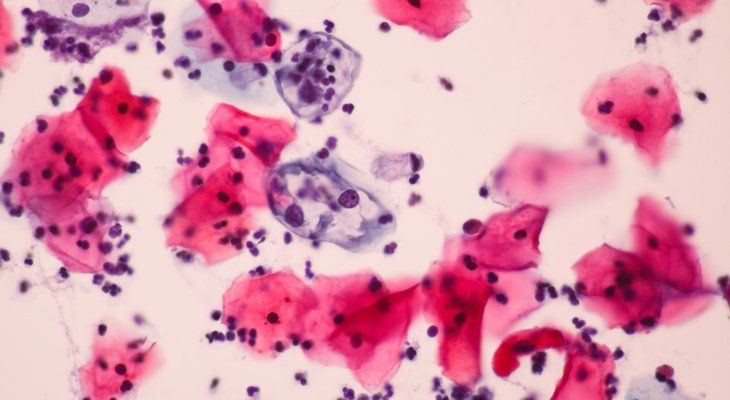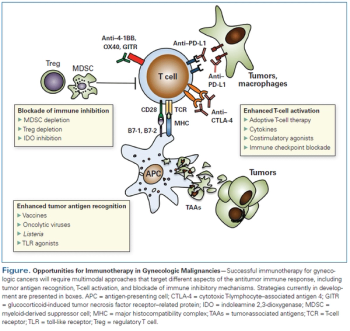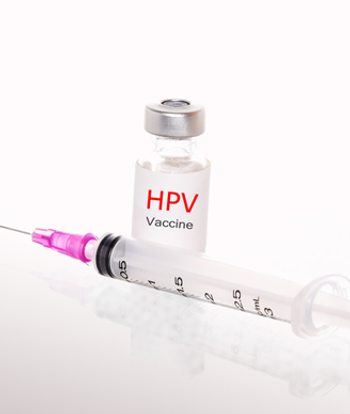
The number of women who undergo regular screening for cervical cancer drops as they get older, and while this is acceptable if women have been followed regularly until the age of 65 years, women who are not up to date with screening should be screened when they are older.









































